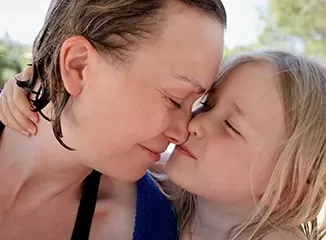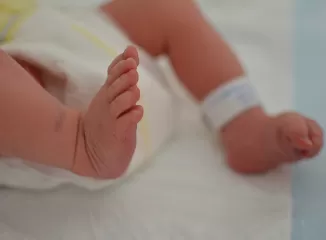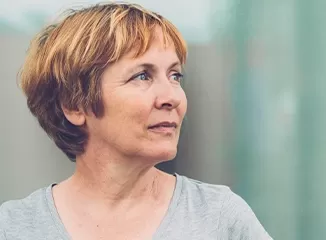Living with a rare disease is a challenge. Not only for the individual, but for the whole family. Many rare diseases have an early onset and often already at birth. Nicki is the mother of 22-year-old Brandon, who was diagnosed with a urea cycle disorder at birth. See the touching story of Nicki and Brandon sharing the experience of the significant burden associated with living with a urea cycle disorder.
I'm Nikki and my son is Brandon.
Brandon was diagnosed with a urea cycle disorder shortly after birth. Finding out he had the disorder. Overall was really kind of heartbreaking.
Brandon's diet is really important. It's as important as his medication. If he doesn't have the right amount of protein and the right amount of medication. He can become very very ill. He has to have medication every six hours. Everything has to be planned out: Days out, travelling, meals, meeting people, going out with friends. There's not a lot we can do that spontaneously.
Emergency hospital visits come along like buses. You're in hospital. You're out of Hospital. You're back in hospital. And then other times you might have one visit in a year.
Brandon's 22 now, which is amazing, but it has been 22 years of living with a urea cycle disorder.
The nights I haven't slept because I've stayed up to make sure he's okay. I've sat watching him breathing in bed. I've woke him up to make sure that he's alive. I've sat on the floor and cried. And then I've been on paddle boards with Brandon standing up for the first time, cheering in the distance.
The main worries always been that Brandon will die. He was diagnosed with his rare disease at eight hours old. So our life is pretty much revolved around Brandon and his rare disease, but we have a nice life. He does lots of things. He pretty much likes everything and will give everything a go.
Advice that I would give to families who were going through something similar to what I went through is to reach out to support groups. Such as metabolic support UK. Educate yourself. Learn as much as you can about the condition. Consult your nurses and doctors. If you've got questions, ask them. It is really good to have a joint partnership in this journey. It's going to be a long journey. It's going to be difficult, but the better your relationship with the professionals around you is going to be priceless.






